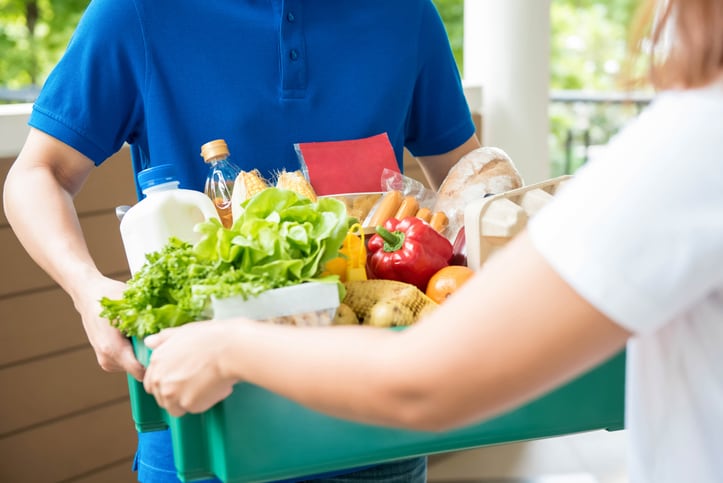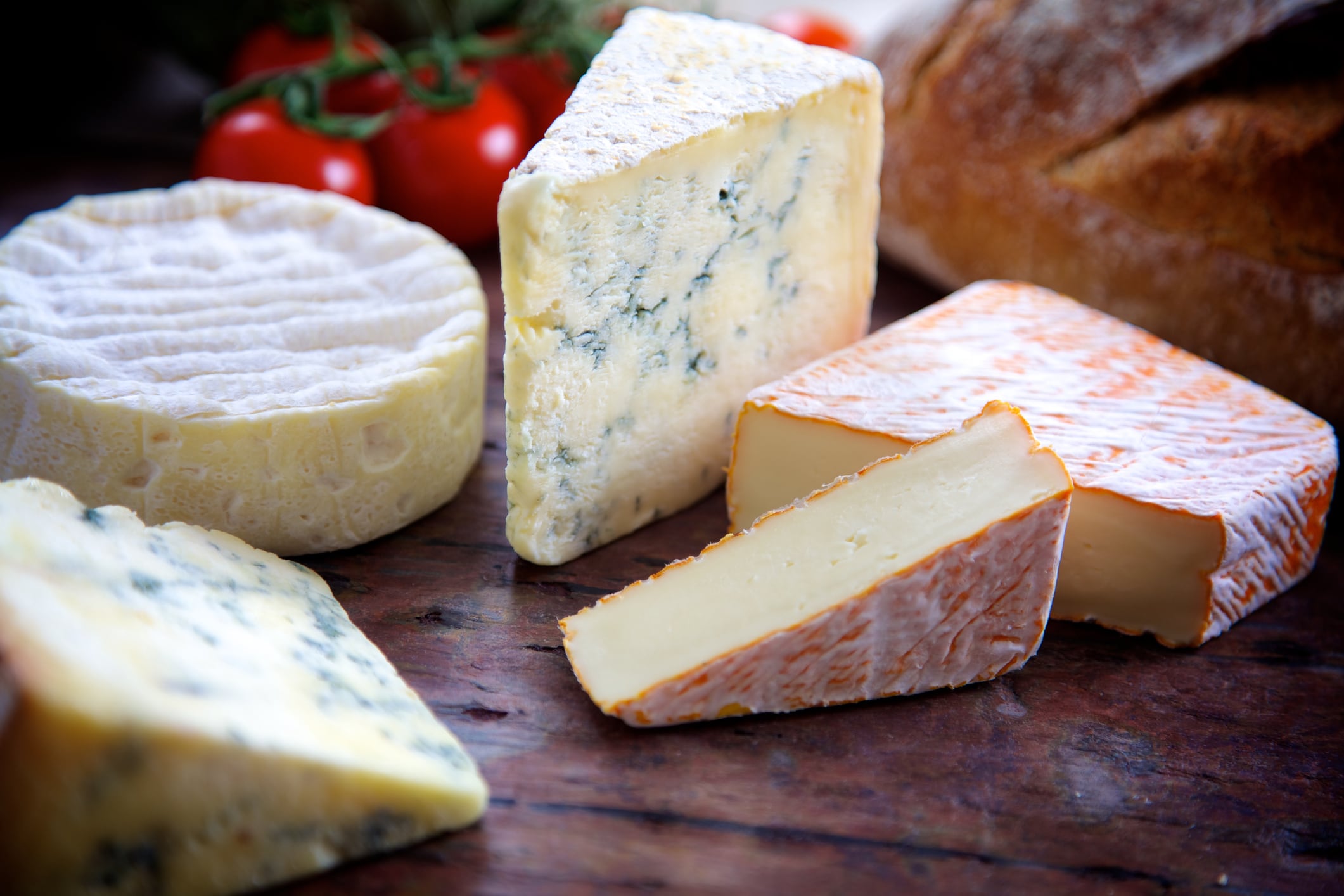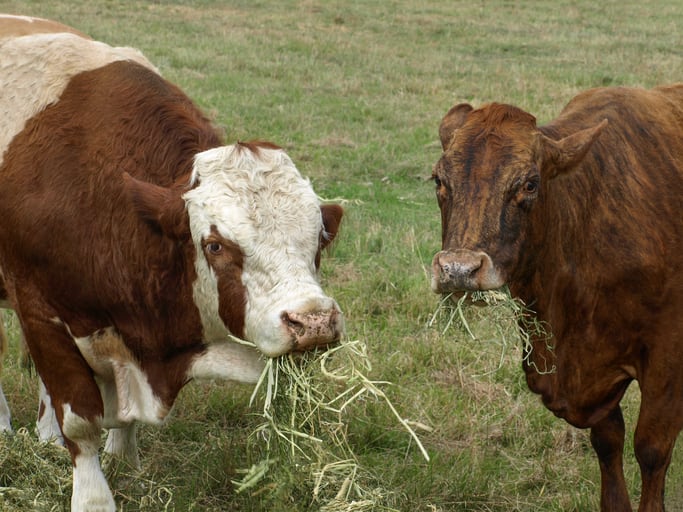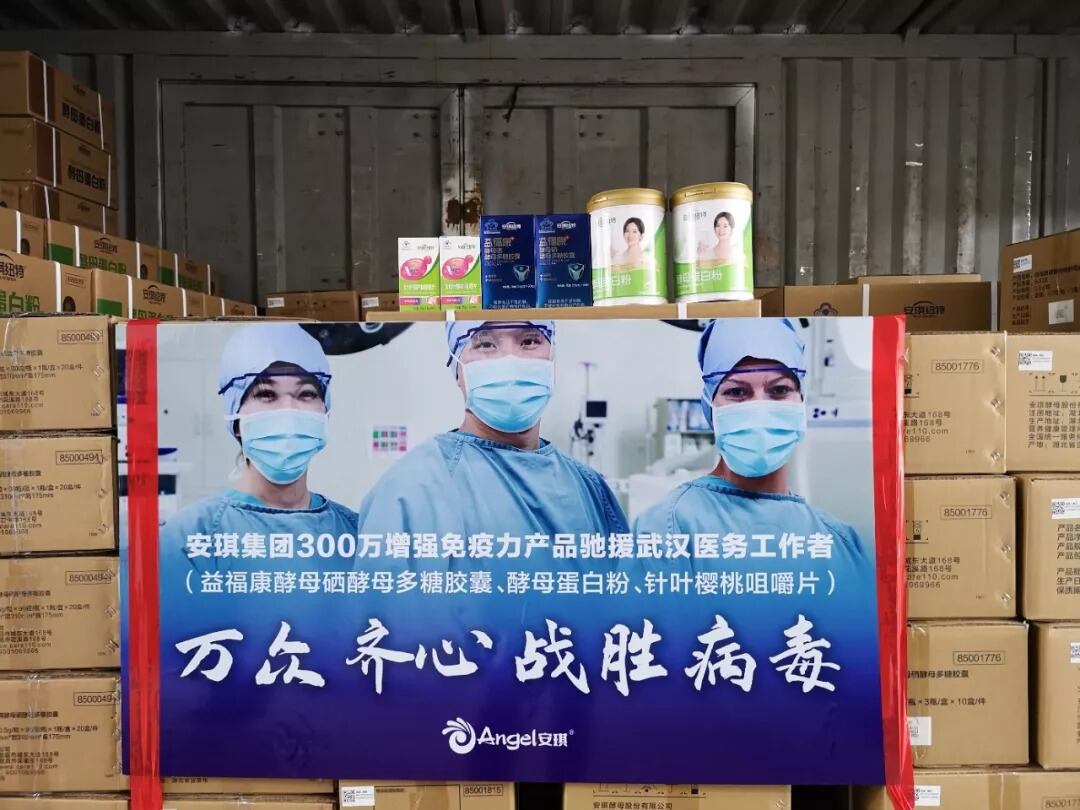The country’s foreign and commerce ministry are calling for more imports, with one Australian distributor telling us demand was growing.
Sean Hyatt, James Tyler’s general manager of third party logistics, told us: “People always need it, the demand is there. But whenever there is a concern around Chinese food safety, especially with COVID possibly originating from a market, the demand on fresh food imports tend to spike as there is a lack of trust in locally produced products.”
From Australian farm to Chinese fork
James Tyler is an Australian daigou company which has distributed Australian and New Zealand produce including dairy, meat, seafood, fruit and wine into China for the past four years.
It supplies about 20 tonnes of fresh food to China every week. The company purchases produce from farmers in Oceania, and manages its supply chain, including logistics, customs, distribution, all the way to the end consumer.
Hyatt told us they use a combination of daigou, e-commerce, and online-to-offline channels to sell its products.
For instance, the company’s milk products is available on Hema, an Alibaba-owned online to offline retail brand. Hyatt explained consumers can either use an app to order and have their purchases delivered to their address, or they can drop by Hema’s physical retail store. Although about 70% of their orders on Hema are online purchases
Transparency to dismiss fear
Hyatt told us the ability of any business to provide transparency of their food products is much welcomed in China.
“There is a lot of trust issues in China, for instance the 2008 melanin scandal with baby formula, where businesses were not honest and upfront with what is happening.”
Hyatt admitted that it was not just consumers who wanted to know more about their products, but businesses themselves too.
“Maybe 10 years ago, a Chinese company would just purchase a container of meat from an Australian or New Zealand meat producer and the transaction ends there. But if a problem occurred somewhere along the supply chain, that information would be covered up by distributor who doesn’t have the financial means to take a hit on the product.
“But over the past five years, we find more companies are wanting control over their products. They want to know where the product is going, who is consuming it, how they consume it etc.”
Hence, Hyatt said businesses which have the capability to deliver right to the end consumer will be advantageous.
He added businesses need to be transparent, open and honest, and offer a system to allow brands to know what is happening to their product.
Automation next
To be able to manage the system and all its data, Hyatt said the company is researching into blockchain “to get greater transparency at a more automated level, that tracks the product from manufacturing to end consumer.” Currently, most of the company’s activities is manual.
“We provide all the tracking information from temperature control, what time it cleared customs etc, the challenge for us now is automating it.”
He also expressed that there “is a lot of noise” surrounding traceability and consumers, “the problem is most of these companies are tech companies by nature, trying to implement their technology.”
But he added that it would be nice to include consumer friendly QR codes on its products in the future, “(they) are an easy add-on once we complete our blockchain system, that will allow us to do tracking from a brand side.”




